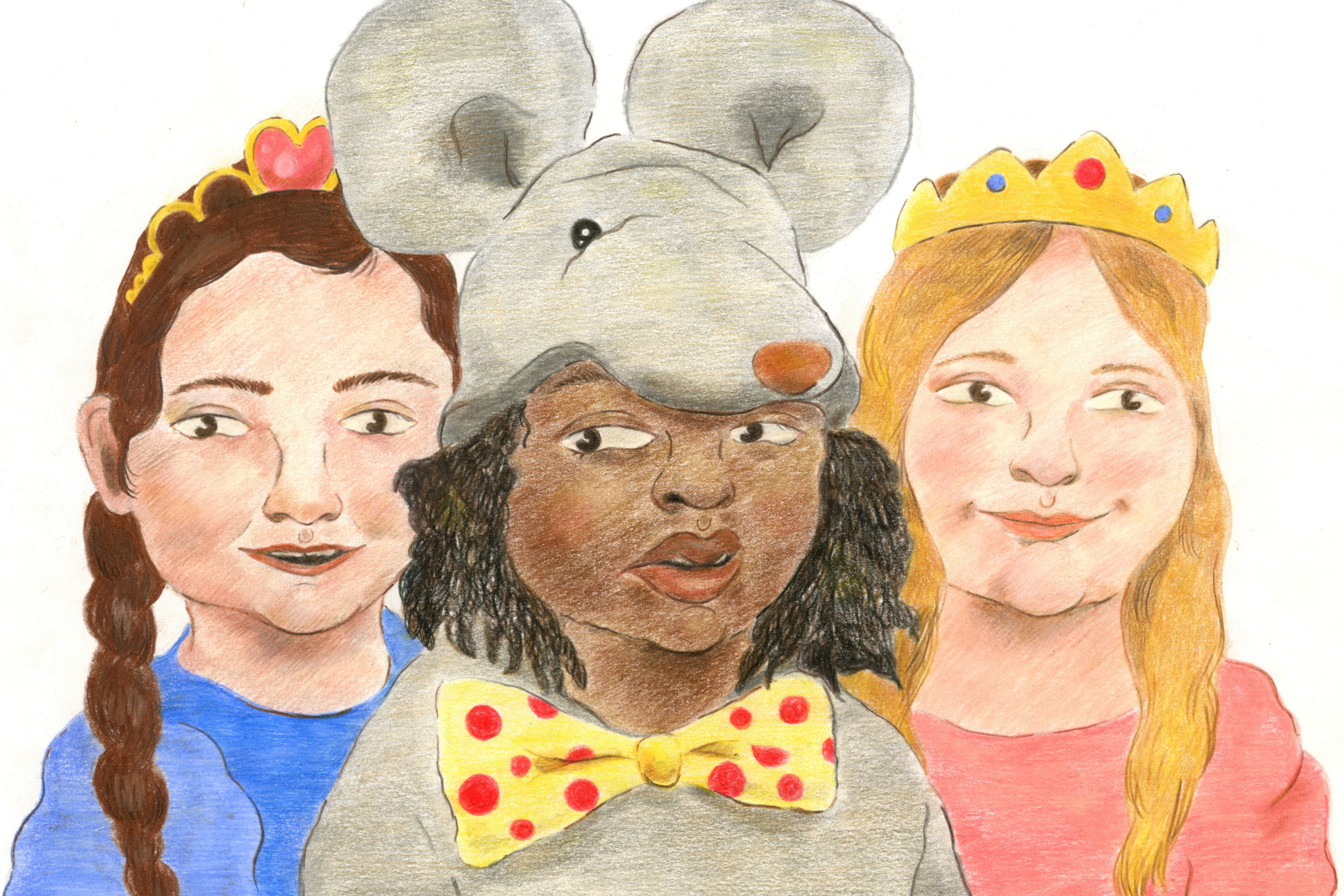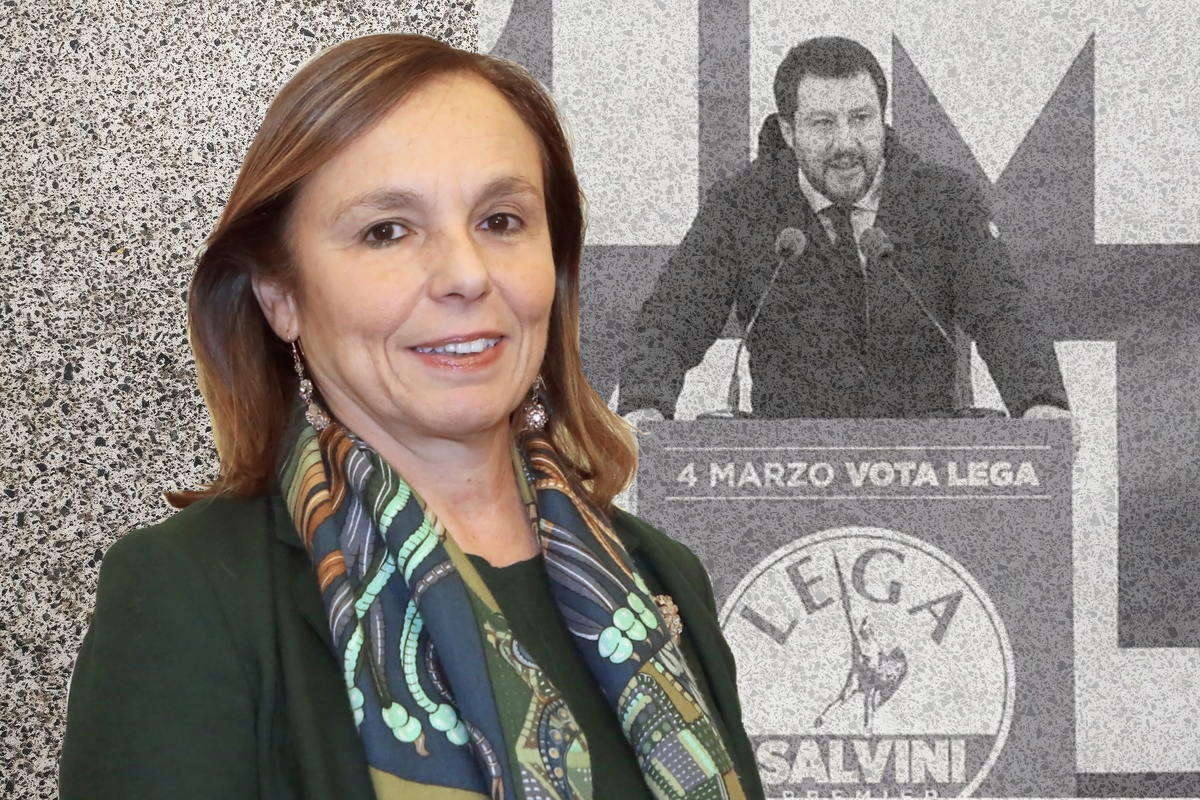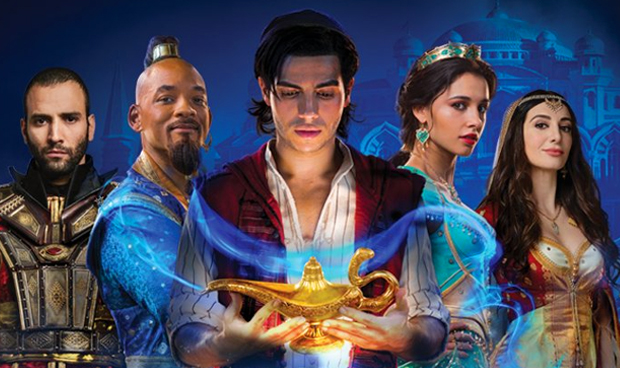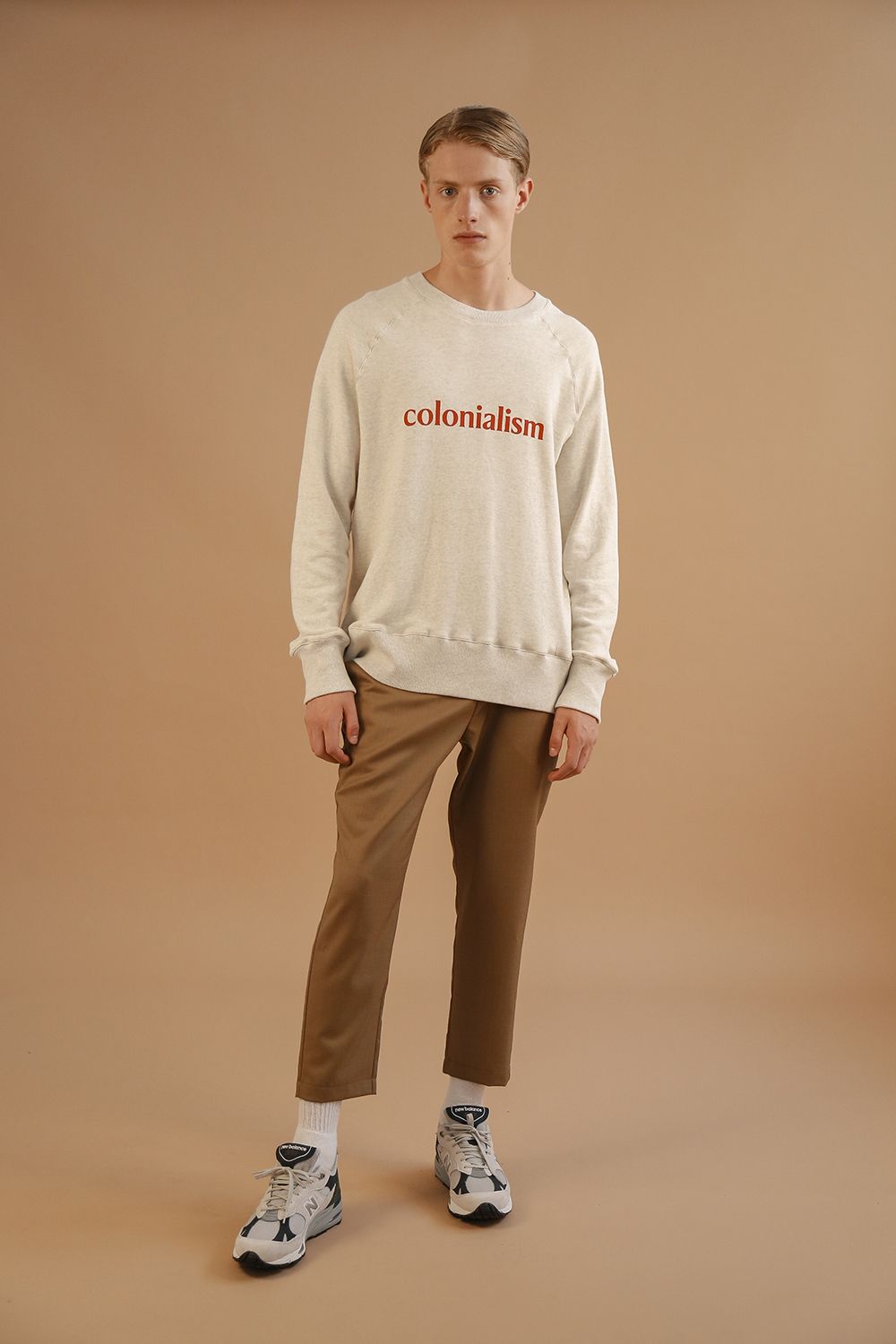
Illustration by Javie Huxley
I’ve never quite understood what the term “minority” was supposed to mean. As a child, I knew there were loads of black people in numbers I hadn’t even learned yet all over Africa, living in England, Jamaica, Trinidad, America. It didn’t quite make sense to me how Asia was said to be home to billions of people, yet they were referred to as minorities. I assumed minority wasn’t a measure of quantity, but of importance. Minor characters. Something inconsequential.
I won’t lie, I do love that meme, we need a Disney princess who’s a kleptomaniac, we need a princess who eats ass. But it has become exhausting that the crucial conversation surrounding representation has turned into something of a free-for-all for any offshoot group to play for minority status. We need representation for Libras with a Leo rising who’s divorced dads have a 19-year-old girlfriend with an ankle bracelet. The Age of Discourse has created a wave of people, mostly white if we’re being real, who exist within any type of subculture or subsection of society to co-opt the very real oppression of genuinely persecuted or disenfranchised groups, often with the insinuation or outright demand that those most at risk be the ones to make room for them.
As I grew older, the realisation hit me that we weren’t minorities because of our numbers, but because we were hidden. I didn’t yet know the word “under-representation”, but I felt it all around me.
“It has become exhausting that the crucial conversation surrounding representation has turned into something of a free-for-all for any offshoot group to play for minority status”
I remember playing princesses in the playground, where all the girls took it in turns to be their character of choice, all except for me. “You don’t look like a princess” was their reasoning, which while hurtful, seemed fair. I didn’t. I was happy to play the animal friend, a deer, a parrot, or a clever mouse, because at least I was being included. That’s all children really want isn’t it? To feel included. To have a place somewhere on the inside. When I went to see Pocahontas just after my sixth birthday I felt something change in me. She was brown, with full lips and a button nose. Barefoot, strong, resilient and proud. For the first time, I was able to see part of myself in someone beautiful.
But Pocahontas was not a black woman. She didn’t have my hair or share my history, she was as foreign to me as I seemed to those around me in my hometown. By the time I was old enough to learn what had really happened to the Native Americans my childish illusions were shattered. Once again I found myself in limbo, adrift as a minor character in my own life until the day I laid eyes on the actor Ruth Negga. She was Cillian Murphy’s friend in Breakfast on Pluto. Black, beautiful, with heaps of natural hair as large as mine. And an Irish accent. No punchlines, no indignity, no stereotypes. Just a woman living on this island without question. In the time it took her to deliver her first lines I felt my own existence truly validated for the first time. Not as a minority, but as a unique individual. For the second time in my young life, I had experienced the transformative power of positive representation.
We’ve been seeing it more and more on Instagram and in freshers halls with the richest of the rich posing as working class for some form of social capital, as hilariously reported by Vice in January. But the effects of this oppression tourism can become actively harmful when for example, people with a doodoo fetish start writing think pieces claiming queer identity despite being both heterosexual and cisgender. The argument that anything on the spectrum of sexual deviancy is inherently queer can do a great deal of harm to members of the LGBTQI+ community who have been fighting the false and hurtful narrative that it’s a grotesque animalistic sexual impulse that drives their attraction as opposed to the capacity for love and respect.
The parallels between the claims that “queer” is an umbrella term for all those with any form of sexual deviancy and the lies force-fed to children in conversion centres that they will never experience or be worthy of love for as long as they claim homosexuality is striking and truthfully frightening. It extends as far as paedophiles and their sympathisers, who call themselves MAPs or Minor Attracted Persons, calling for acceptance by the LGBT community in solidarity for their deviation from sexual “norms”.
“To insinuate that a regular shmegular Italian Joe is facing the same systemic disadvantages and state-sanctioned violence that black Americans do is a hernia-inducing reach”
Until my dying day I‘ll never forget the round table interview with a bunch of Marvel cast, including Frank Grillo (the actor who plays Agent Brock Rumlow), who when reminded that black people are not yet at an equal level in terms of representation and pay, responded immediately with “Or Italians, can we throw Italians in there? With ‘black’ people?” inexplicably doing air quotes to the word “black”. And while yes, Italians, as well as the Irish, faced some form of discrimination from WASPs when they first arrived to America in 1489 or whenever it may have been, to insinuate that a regular shmegular Italian Joe is facing the same systemic disadvantages, oppression, underpayment and state-sanctioned violence that black Americans do is a hernia-inducing reach. The air quotes, as if to imply that black people are perhaps a government conspiracy like the moon landing or Elvis slithering back to his lair in the great barrier reef, is just an extra level of deliciously tone-deaf audacity we the viewer get as a free extra.
The fight for participation medals at the oppression Olympics doesn’t end at sexuality and race. After a recent talk about accessibility in fashion, a friend of mine, who uses a wheelchair, told me she felt exasperated after discussions were interrupted by a woman who claimed that she too had a hard time finding clothing for her able-bodied, slim size 8 frame, due to feeling uncomfortable in high-end designer brands because of imposter syndrome. In an instant, a crucial conversation around accessible design for those with physical disabilities was derailed by an individual who felt compelled to take focus away from the issue at hand and onto herself.
As a long term sufferer of mental illness, I understand intimately how debilitating it can be, I even published a photobook about my experiences with it earlier this year, but in a conversation about an industry where physically disabled people are often systematically locked out, it is not my place to speak over those directly affected to throw a pity party for myself. There is a time to speak, and a time to listen. The listening part seems to be of less and less importance for those adept at turning perceived oppression into invaluable social currency, whether that manifests simply as social media clout, to more insidious demands to access community spaces, speaking over and taking opportunities away from those that are genuinely marginalised.
Every society is split into subcultures, and each subculture fragments itself into subgroups. And while there is joy and pride to be found in being a part of any group, there may also be discrimination, bullying, or even just teasing and unkindness. But nastiness is not what determines whether a group is systematically oppressed or disadvantaged. Dungeons and Dragons players are certainly a minority in terms of the wider population, and I’m sure many of its fans have been teased for belonging to that particular group, but that doesn’t make nerdiness an axis of oppression. To suggest otherwise is at best ignorance, at worst intentional oppression tourism that allows you to dip your toe into the realm of suffering for without getting your clothes wet.
So, on that note I’ll leave you with this handy, non-exhaustive list of things that do not make people an oppressed minority, even if you get slagged off for it:
Collecting Pokemon cards
Being a horse girl
Pastel dyed hair
Coming 4th on Come Dine With Me
Having a faded 90s barbed wire tattoo
Not being allowed to touch your black coworkers hair
Eating unseasoned food
Listening to 21 Pilots
Being Lena Dunham
Not being able to curl your hair with GHDs
Overhearing people speak a language you don’t understand
Playing Overwatch
Stanning Jeffree Star
Being Italian in 2019







